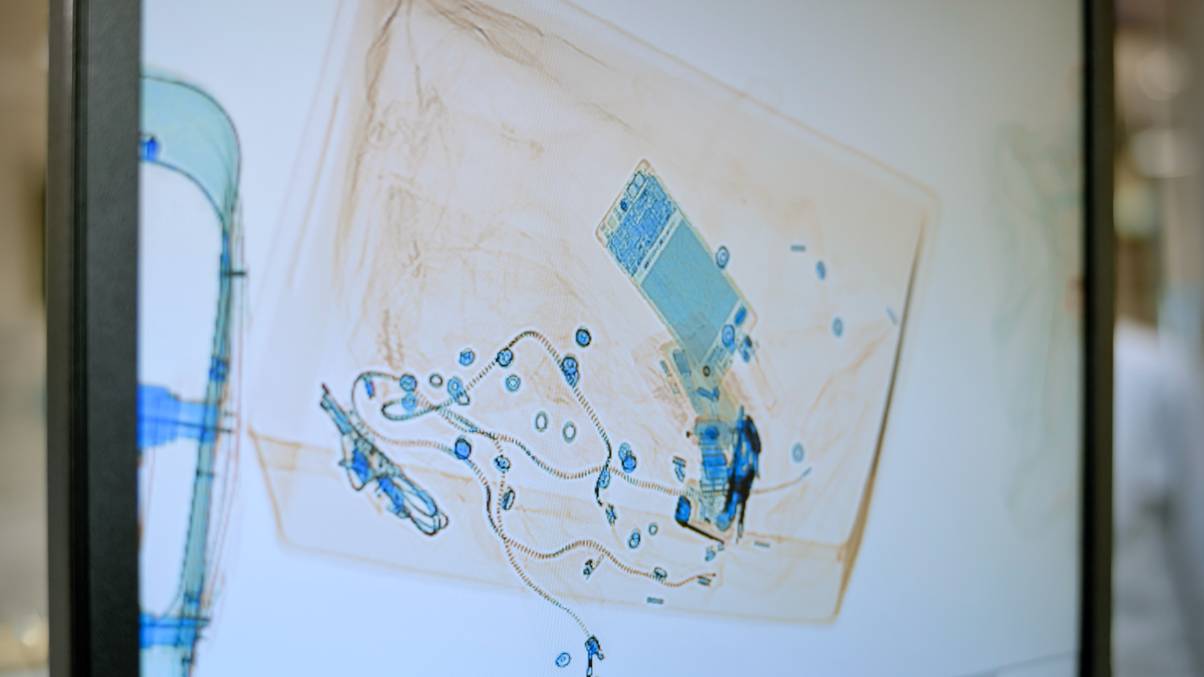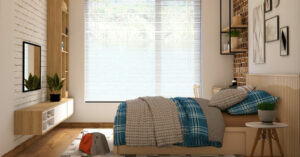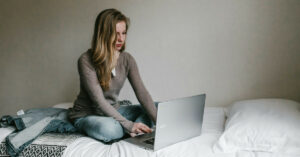“Unlocking Nightmares: What Your Phone Habit in Bed Is Really Doing to Your Health”
Have you ever wondered what you might be snuggling up with when you go to bed with your smartphone? It turns out that those late-night swipes and scrolls not only zap your sleep but might also serve up a buffet of bacteria! Recent insight from experts—and an eye-opening survey by MattressNextDay—reveals that a stunning 50 million Brits sleep with their phones, with many feeling it’s just too hard to leave tech outside the bedroom. But guess what? That cozy little device, which many of us touch over 2,600 times a day, could be a dirty little secret! From sleep disruptions caused by blue light to hygiene issues lurking just beneath the surface, it’s clear that our beds could be turning into personal petri dishes. Clean freaks, brace yourselves: it’s time to rethink our bedtime habits! Want to dive into the details? LEARN MORE.
Experts have weighed in on the effect going to bed with tech can have, and it might make you feel sick.
A survey conducted with the help of MattressNextDay quizzed a number of adults when it came to bedtime habits and how they are linked with smartphones and smartwatches.
A whopping 50 million Brits admitted they sleep with their phone, as 74 percent of participants in a YouGov study admitted that they can’t leave it outside.
Due to blue light being emitted from your phone, your brain is tricked into thinking it’s time to wake, making you feel awake and more alert – but it brings bigger problems to the table, too.
Clean freaks, look away.
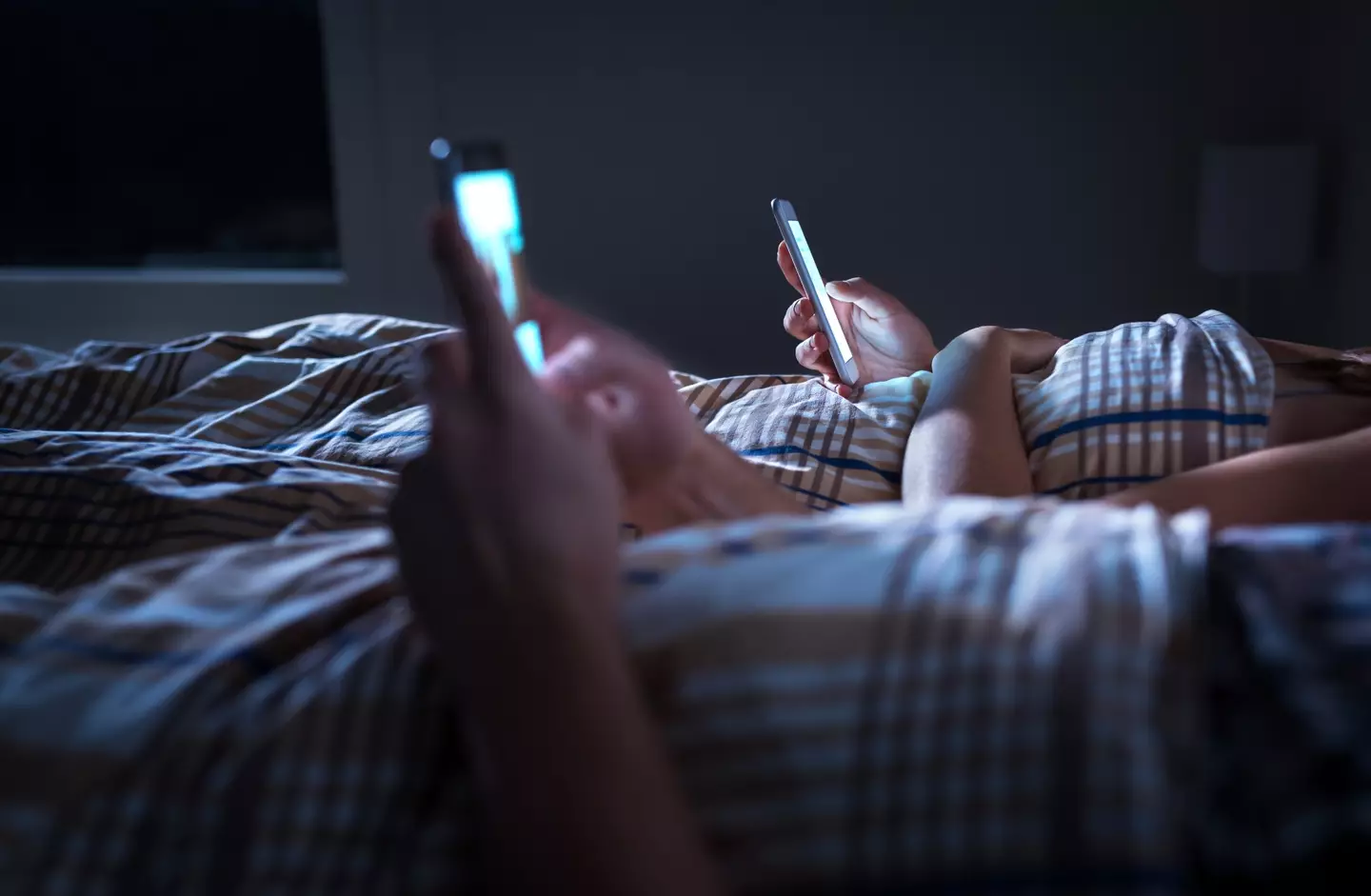
Using your phone in bed may not be the smartest idea (Getty Stock Photo)
It is said that the average person touches their phone more than 2,600 times a day, so it makes sense that our devices can become unhygienic very quickly.
Buttons on your smartphone could contain ten times more bacteria than a toilet seat, according to a University of Arizona study.
The MattressNextDay study found that 51 percent of people never clean their smartphones, which can’t help when it comes to bacteria production.
So it turns out that both smartphones and smartwatches have high levels of bacteria on them – with the former taking the cake in having the most on average.
Though it was once believed that the TV remote was the dirtiest item in the house, it looks like phones may be winning in this race.
The most common type of bacteria found on everyday tech devices is called Pseudomonas aeruginosa and though it might sound bad, it is is especially bad for those with a compromised immune system, causing skin irritation or sleep disruptions for those that choose to sleep with their phones.
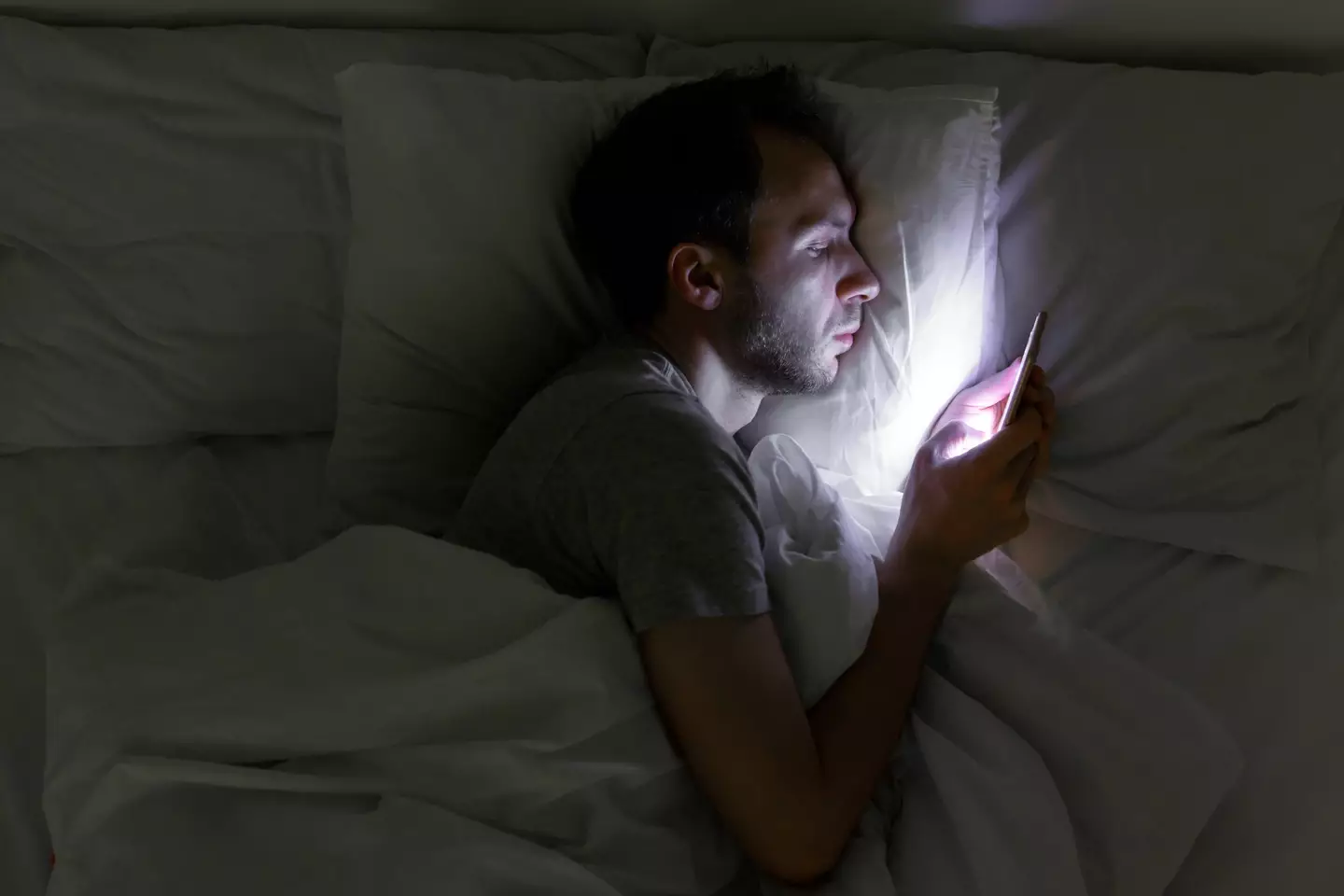
Cockroach poop bacteria could get all over your pillow if you’re not careful (Getty Stock Photo)
The disturbing finding here though is that this bacteria can also be found in cockroach droppings, meaning there is the equivalent of cockroach poop making contact with out faces when we answer a call, or getting over our hands when we check our messages.
So how do we stop this from happening?
Well you could sleep in a different room to your phone but, if like many of us, this isn’t an option, then all you need to do is stay on top of keeping it clean.
It’s important to use UV sanitiser or alcohol wipes to clean your phone to keep the bacteria away.
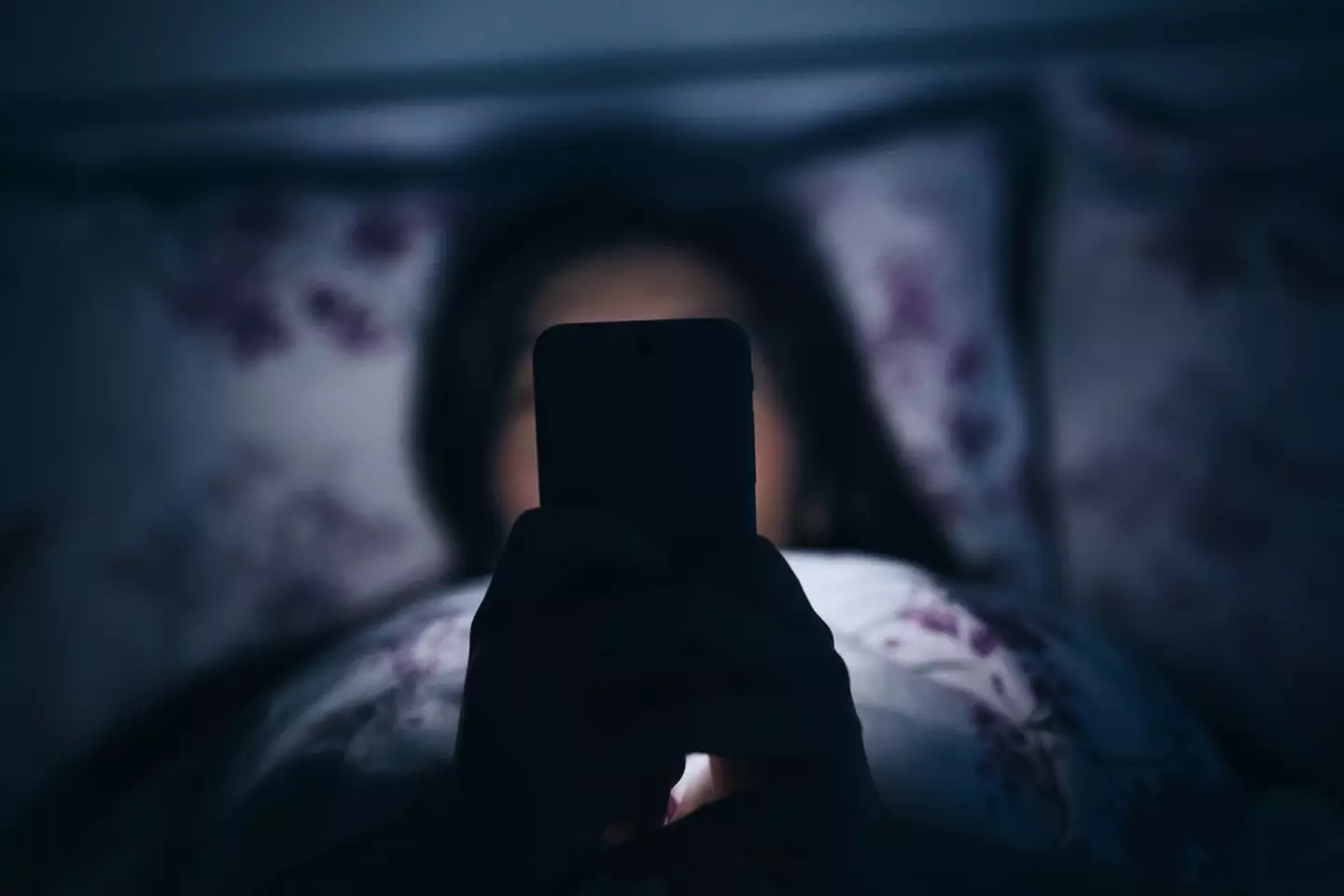
Putting it away before bed could save you from a number of problems (Getty Stock Photo)
If you sleep with your phone under your pillow, wash your pillowcase twice a week.
You can also limit the amount of times your phone touches your face and use your phone less before bedtime, but the easy fix is to keep it away from the warm environment of your bed, as it has favourable conditions to be a breeding ground for bacteria.
Sleep expert and CEO of MattressNextDay, Martin Sealey, stated: “Remember, your bed should be a sanctuary for rest, not a petri dish for potentially harmful bacteria.”


